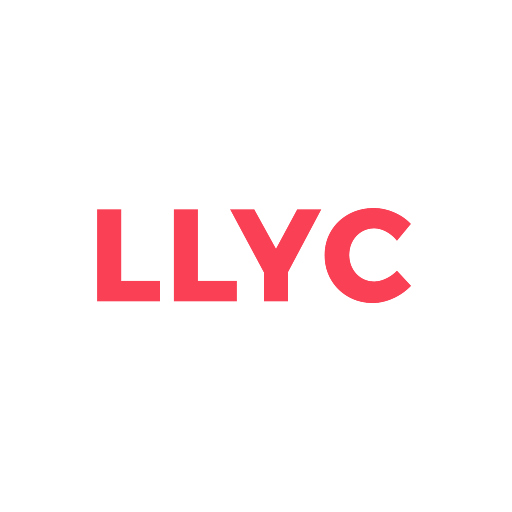LLYC 31 Jan 2018 // 7:05PM GMT

In light of the new era, consumers are now embracing a new type of relationship with brands. Individualism is the new black–or at least one of its shades. Society is learning and quickly embracing the ‘solo’ consumption. Therefore, people enjoy their own company and self-awareness, so why not expand this experience in their relations with brands.
The concept ‘oneconomy’ was originated in Korea and has expanded widely in the Western society. Young adults live under greater pressure than former generations did. Society is constantly changing, thus challenging them to keep pace with digitalization and technology is a must. Additionally, these young adults feel the need to prioritize personal care and individuality.
The ‘solo’ economy is growing fast, due to the fact that society is driven by the need of being alone, living alone, spending money on themselves and even, marry themselves or the so-called ‘sologamy.’ This trend has grown stronger; in fact, it has become a necessity more than just a desire.
There are several business sectors where the ‘oneconomy’ trend has increased exponentially. The touristic sector, for example, has benefited from the boost in the number of solo trips in the last four years. Restaurants welcome people that want to dine alone as it is no longer a taboo. The real estate market has increased its sales of single-person households in fivefold since 1990. We expect it to continue. In addition, technology is challenging the way brands approach to how people spend their free time. Hence, brands are especially concerned about delivering better experiences through their own products. Moreover, the construction sector is probably one of the most advantaged, since society is moving toward this individualism; as well as the entertainment sector and those associated with online communications, personal electronics and household appliances.
However, the wedding sector is surprisingly growing in the solo economy. Nowadays, marriage rate is falling and people that do get marry wait longer before having a wedding. In spite of these facts, the culture of ‘sologamy’–weddings for one– is becoming more popular with the years. The feeling among people is that being single does not mean one cannot enjoy a traditional wedding. They want to experience what a wedding has to offer even though they have not yet found the ‘right person’ with whom they can enjoy it. Every step counts: buying a dress, spending a day getting ready and having a souvenir photo album—but without coming out with the expected outcome of having a spouse.
What previous generations considered as life goals, might not be what ‘oneconomists’ have in mind for themselves. They are seeking more than buying a house or a car, marrying and even having kids. However, who are these love wolves? Who are the ‘oneconomists’ and what are they looking after?
- The category includes millennials, members of Generation X, some Baby Boomers and all those who marry later, divorce or simply live longer.
- Self-love, compassion, health and personal happiness are high on the agenda. These leads to a healthy and hedonistic life, with consumption and spending habits focused on the present.
- It is necessary to consider positive brand messages and quantity, production and price of goods and services for these lone consumers.
Thanks to the widespread use of mobile devices, people feel socially connected even when physically distant. This new circumstance is transforming people’s way of socializing and spreading the concept of a ‘third space.’ It is not your home or a second space away from it, but spaces of individual interaction. What is more, inspired by hostels, hotels are expanding their third-space offerings and reducing the number of amenities in private spaces. For instance, Tru by Hilton, which opened in 2016, has created a hotel experience for younger guests with semi-private rooms, Wi-Fi access and wireless printers in all spaces.
After all the aforementioned, there is no doubt that society is becoming more individualistic than ever before. This new trend is definitely linked to technology and its tools and how they enable individuals to get things done anywhere and at any time. This is driving individuals to have access to a series of opportunities that before were not possible. For instance, even some food delivery apps do not require a minimum order so that individuals can make a purchase. Additionally, the concept of ‘oneconomy’ allows people to focus on specialized talent, self-fulfillment, and doing what individuals do best and prefer. This is the case of many clubs that focus on developing personal skills rather than collective ones. Finally, the solo economy is a driver that is developing a new type of relationship with ourselves, for instance in terms of personal self-actualization or even time management. This could be the case of making the decision of having children or shortening the size of what it was before an average family. There is no doubt that there has to be a balance in order to sustain this trend over time, but for now, companies and brands must be quick to embrace the ‘lone wolf’.
This paper is based on a report published in Developing Ideas lead by David G. Natal, Global Director of Consumer Engagement at LLORENTE & CUENCA.


































.jpg)














